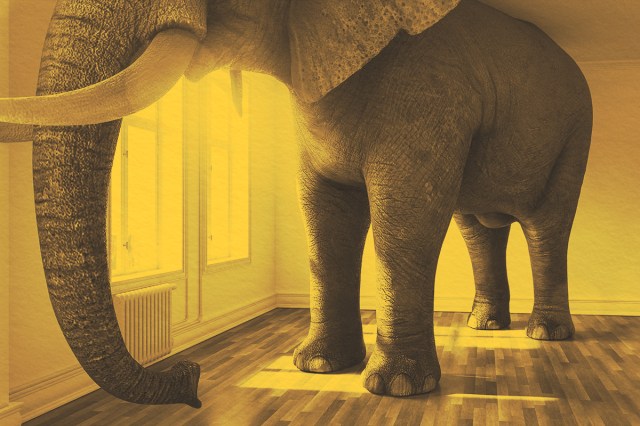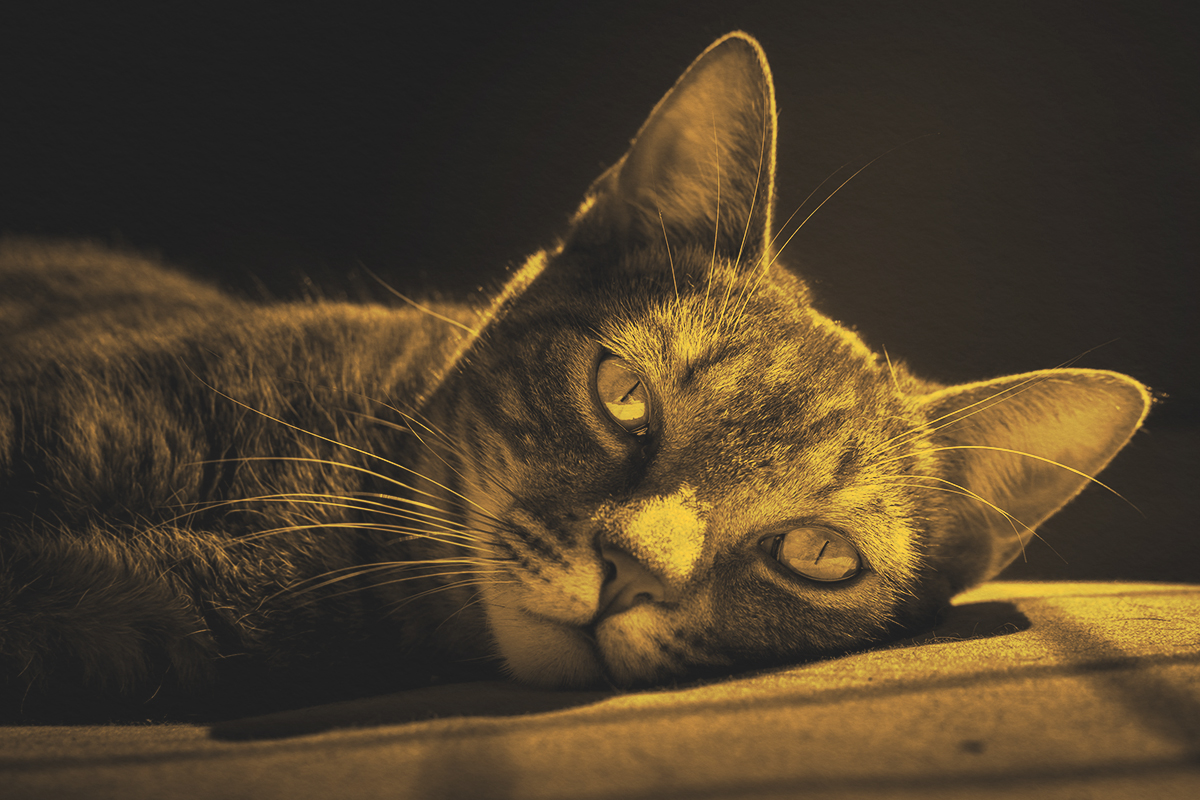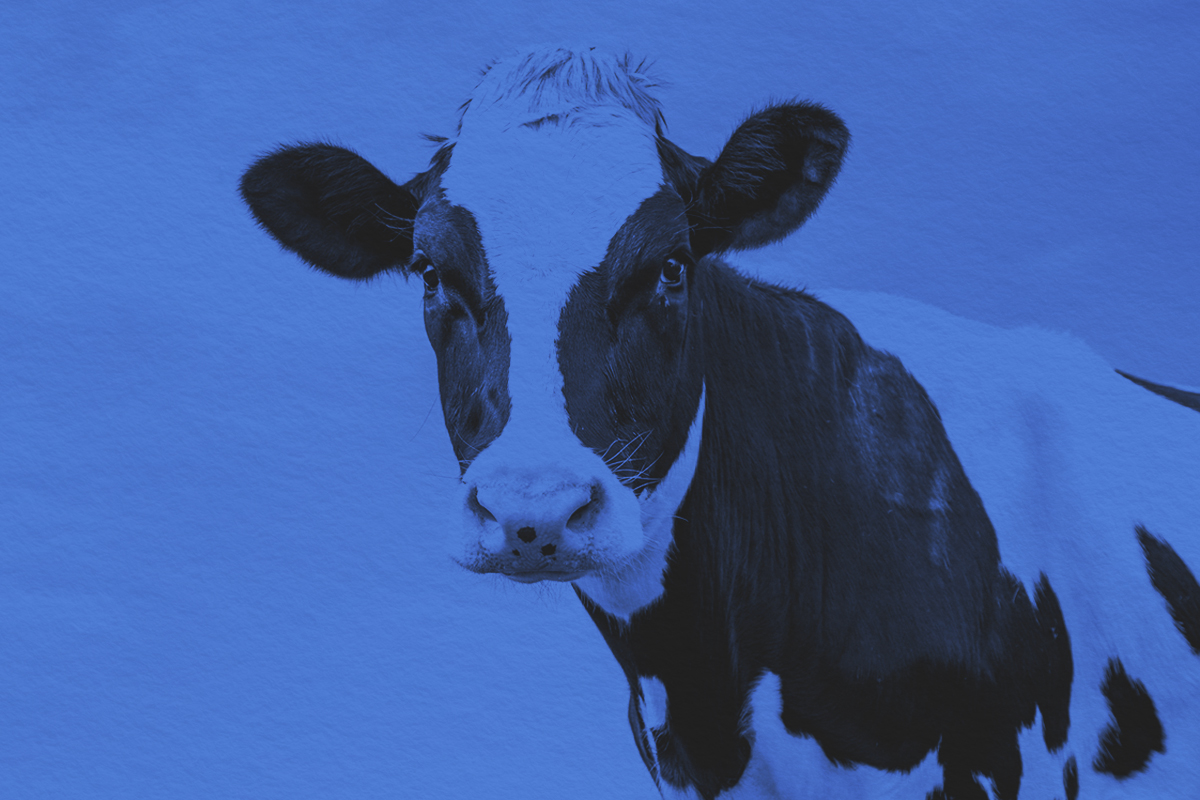
If there’s an elephant in the room, then one of two things is true: Either you’re speaking metaphorically, or there’s been a breakout at the local zoo. Let’s hope it’s the former, or else you’ll need a lot of peanuts to keep your new animal friend happy.
If we turn to the expertise of the Oxford English Dictionary, the phrase “elephant in the room” has two definitions: The earlier usage dates to 1935, and refers to something “obvious and incongruous.” But today, it’d be more popular to use the elephantine saying in the context of a “significant problem or controversial issue which is obviously present but ignored … usually because it is more comfortable to do so.” This latter definition appeared in print in 1984 as the title of a book to help guide the children of alcoholics.
While it clearly entered the English lexicon in the 20th century, the phrase was possibly inspired by a 19th-century Russian fable that pokes fun at a man who failed to notice a large elephant in a museum, despite how obvious the creature was. Why an elephant and not another animal? It likely has to do with the fact that elephants are the largest land animal, and are an apt metaphor to use when describing a potentially substantial impact.
Today, people are prone to use this phrase when discussing — or ignoring — tense topics that could cause awkward situations. This may include financial issues, substance abuse, relationship troubles, or any other serious matter. The phrase is rarely, if ever, used in the actual context of there being an elephant nearby.

















